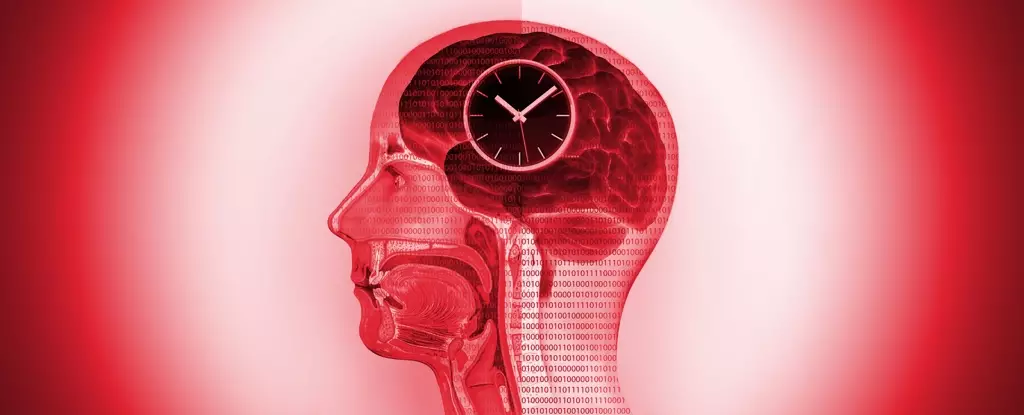In a world where obesity rates have skyrocketed, affecting over a billion individuals globally, the quest for effective weight management strategies has never been more urgent. Traditional approaches to weight loss have often failed to provide sustainable solutions, leading scientists to explore innovative and less conventional methods. One such method, Intermittent Energy Restriction (IER), has recently captured attention as a potential game changer in the battle against obesity. The findings from recent research deserve a closer examination, revealing profound implications for not just physical weight loss but also the intricate interplay between our gut health and brain function.
The Science Behind Intermittent Energy Restriction
Recent studies conducted by a team of researchers in China add significant weight to the conversation around IER and its capabilities. The controlled experiment involving 25 obese volunteers over a 62-day period showcased not only a remarkable weight loss average of 7.6 kilograms but also observable changes in gut microbiota and brain activity related to appetite regulation. This dual effect indicates that the implications of IER extend well beyond merely reducing calorie intake; they hint at a reprogramming of our body’s systems in response to how we eat.
The crux of the study reveals a fascinating transformation in the brain-gut-microbiome axis. Participants exhibited changes in both the composition of their gut bacteria and the activity of specific brain regions associated with appetite control and cravings. Notably, these shifts were caught through careful imaging techniques, including functional MRI, which highlighted alterations in areas like the inferior frontal orbital gyrus, a brain region implicated in decision making and self-control concerning food intake.
The Gut-Brain Connection: A Double-Edged Sword
The relationship between the gut and the brain is complex and reciprocal. The gut microbiome, consisting of trillions of microorganisms, not only plays a crucial role in digestion but also influences our mental state and eating behaviors through chemical signaling. Microbial populations produce neurotransmitters, such as serotonin and dopamine, which can affect mood and appetite. Conversely, our eating habits and the nutrients we consume play a pivotal role in shaping these microbial communities.
Interestingly, the research highlighted specific gut bacteria, like Coprococcus and Eubacterium hallii, which correlated negatively with brain activity in the left inferior frontal orbital gyrus. This association raises critical questions about how certain dietary choices can either promote or hinder healthy brain function regarding weight management.
Implications for Future Research and Treatment
This emerging understanding of the gut-brain-microbiome axis points toward a transformative avenue for both healthcare professionals and individuals struggling with obesity. If future research can delineate the precise pathways through which the gut communicates with the brain, we could unlock targeted therapies aimed at regulating appetite, improving decisions around food, and ultimately fostering healthier eating habits.
Moreover, the possibility of manipulating gut microbiota through dietary interventions presents exciting therapeutic prospects. For instance, encouraging the growth of specific beneficial bacteria through IER might serve as a pivotal tool not only for weight loss but also for enhancing overall metabolic health.
Breaking the Cycle of Obesity
Given the alarming statistics surrounding obesity and its associated health risks—including diabetes, heart disease, and certain cancers—the insights gleaned from studies like these are not merely academic; they hold the potential to have a tangible impact on public health strategies. Taylor-made interventions that integrate IER could change the narrative for those battling with their weight, offering hope nourished by science.
While the road to understanding the gut-brain axis is still in its infancy, the revelations provided by recent research make one thing clear: the future of weight management may lie not just in what we eat, but how we approach eating itself. The exciting possibility of a more holistic, science-backed strategy thus beckons, offering a real shot at not just preventing obesity but drastically improving lives.


Leave a Reply